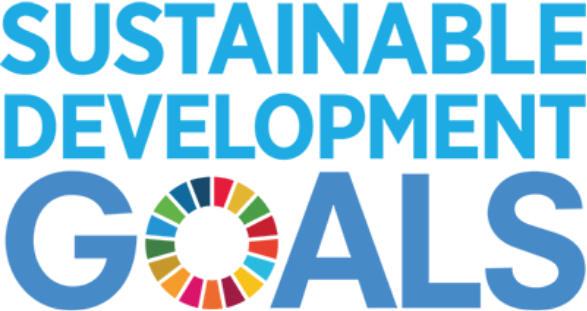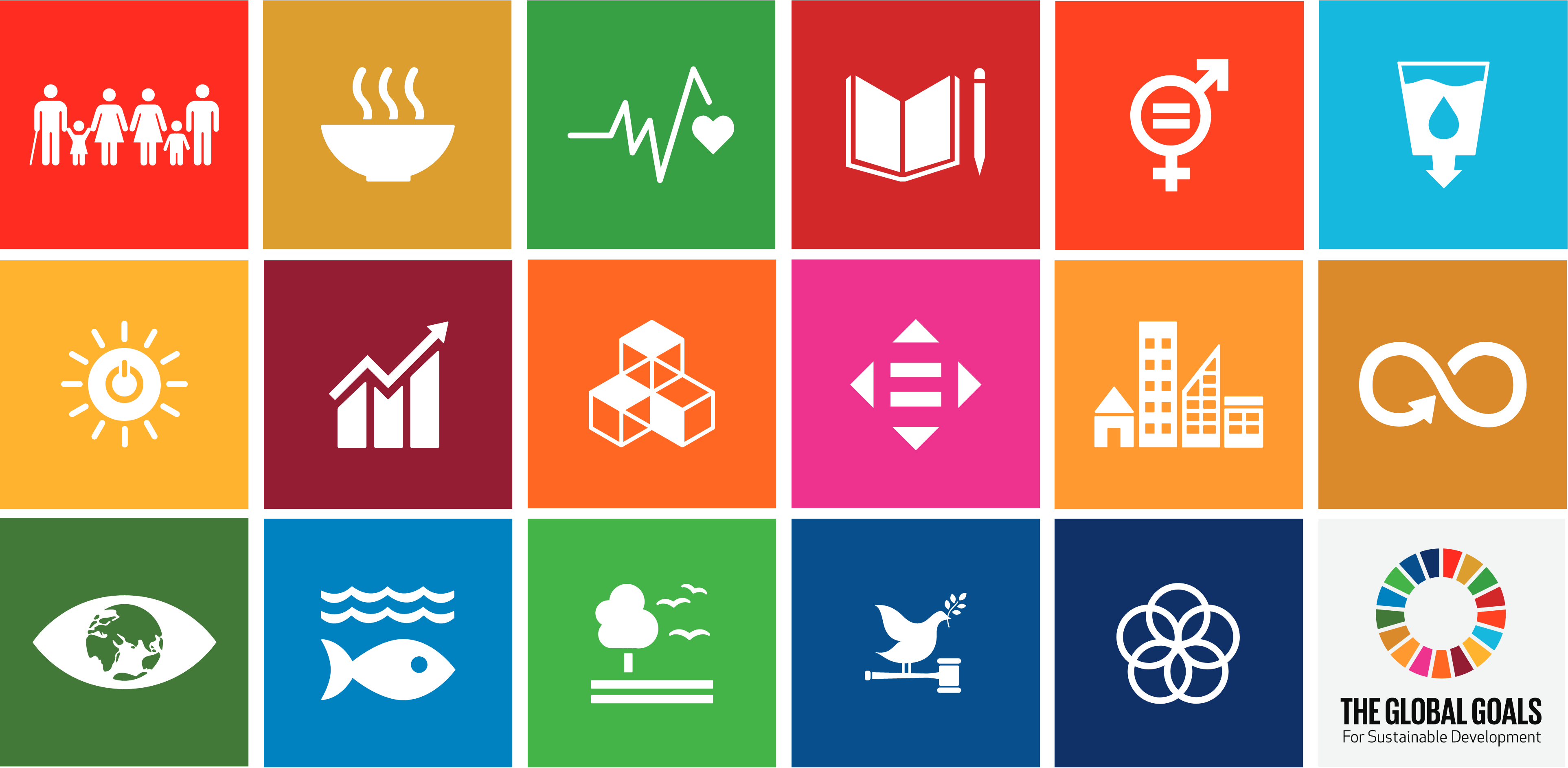

The UN’s 17 Sustainable Developments Goals (SDGs) set forth an urgent call to action by all countries – developed and developing – to unite in a global partnership. These goals recognise that ending poverty and other deprivations must go hand-in-hand with strategies that improve health and education, reduce inequality, and spur economic growth – all while tackling climate change and working to preserve our natural resources and biodiversity.
World Green Building Council reports its progress against the sustainable development goals as members of the UN Global Compact.
Our global network has prioritised 11 SDGs where we can activity support the targets for 2030, mobilising the building and construction sector to enable a profound shift towards sustainable development.
These are as follows:

Sustainable built environments promote human health by encouraging healthy lifestyles, protecting us from harm and not contributing to environmental pollutants. Sustainable buildings in cities – both inside and outside at a building and community level – can promote health, wellbeing and productivity as well as generating social value.
Sustainable built environments can provide access to clean, safe water for all, drive water efficiency and reduce waste.

A sustainable built environment should prioritise energy efficiency, decarbonisation at a building and city scale, and whole life carbon emissions reductions. Sustainable built environments must support the clean energy transition, and energy poverty should be reduced or eliminated with sustainable homes and infrastructure for all.

The construction of sustainable buildings and infrastructure can create jobs, reskill and upskill workers, enabling a just transition to a low carbon economy. It is vital that action is undertaken at a systems level – including infrastructure as well as individual built assets in order to drive transformation to a sustainable built environment.

Sustainable buildings and cities provide equitable and high-quality urban and regional infrastructure that promotes economic development, human welfare and cleaner operation. The transition to a low carbon economy requires mobilisation of industry alongside championing innovation. It is also vital that action is undertaken at a systems level – including infrastructure as well as individual built assets in order to drive transformation to a sustainable built environment.
Sustainable built environments promote human health and a decent standard of living for all by eliminating energy poverty and ensuring adequate warmth, cooling, lighting and the energy to power appliances. A sustainable built environment tackles inequality across the building and construction lifecycle, enhancing equity and resilience for everyone, everywhere. Tackling inequalities from the impacts of climate change is essential to catalyse resilience and protect all populations, especially our most vulnerable communities.

Sustainable built environments can make human settlements inclusive, safe and resilient. Sustainable cities provide access to high-quality housing and public infrastructure to all citizens, promoting harmonious social, environmental and economic development.

Sustainable built environments are made up of circular buildings that optimise resource use, result in zero waste to landfill, and support the regeneration of nature. They operate as part of a closed-loop system with circularity principles embedded across the value chain, at a building and city scale.

Sustainable built environments support clean and energy efficient cities to work alongside individual built assets to decarbonise public resources and infrastructure, incorporating future-proofing mechanisms to improve resilience and adaptation to future climatic change. A sustainable built environment is fundamental to global climate action efforts, both from decarbonisation efforts to stay on the trajectory of a 1.5°C warmer future, as well as being places for action on climate resilience and adaptation to the inevitable impacts of climate change.

Sustainable built environments champion the regeneration of natural resources, improving biodiversity and preserving natural capital including water and forests.

A just and equitable transition to sustainable buildings and cities will require powerful partnerships that enhance knowledge sharing and ambition across the three pillars of sustainability — planet, people and economies.